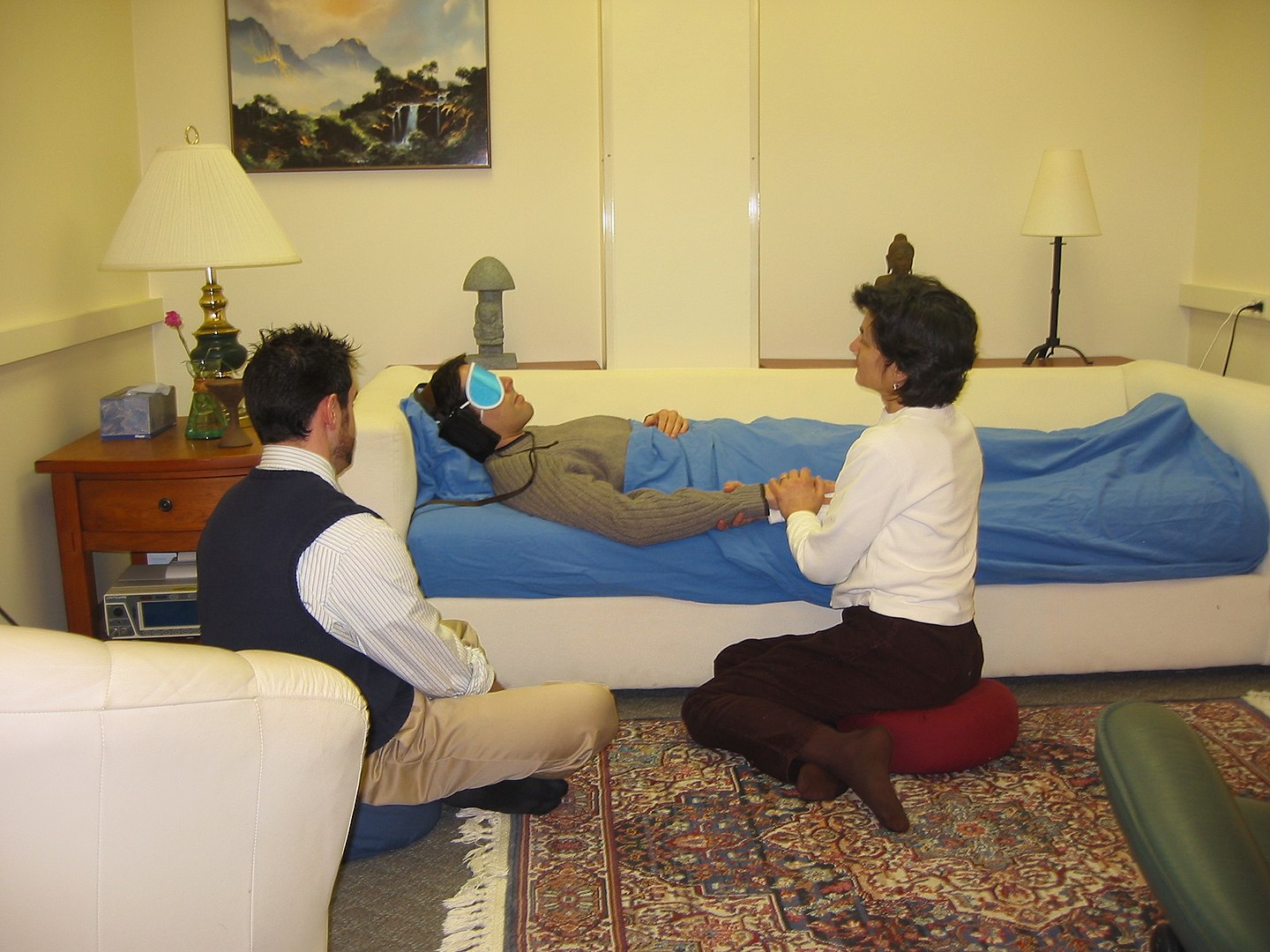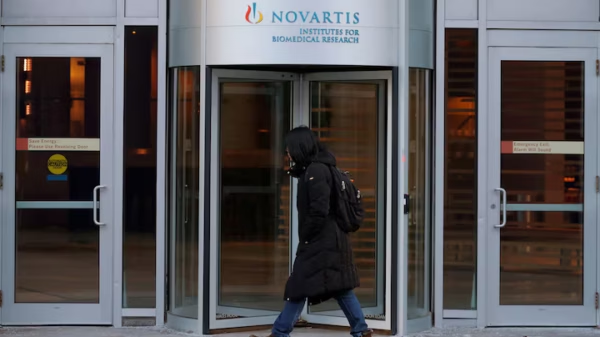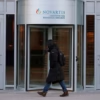Canadian medical professionals enrolled in psychedelic-assisted therapy programs will soon be able to participate in a clinical trial examining the safety of synthetic psilocybin.
Last week, Calgary-based ATMA Journey Centers Inc. said it’s received a no objection letter by Health Canada, which grants the agency’s consent to start a clinical trial that assesses psychological outcomes in “healthy” people before and after a psilocybin session.
ATMA offers psilocybin-assisted therapy at its Psychedelic Journey Center in Calgary, as well as related training for mental health professionals. The company also operates its AZUL Journey Center in Costa Rica, which facilitates ceremonies with ayahuasca and other psychedelics.
“Healthcare providers who meet our inclusion criteria will enroll in the trial after careful screening and assessment,” ATMA’s chief medical officer Ravinder Bains said in a statement.
During a psilocybin session, researchers will be measuring the heart rate, body temperature and blood pressure of medical professionals that are currently administering or being trained in psychedelic-assisted therapy.
Participants will fill out self-administered assessments of psychological well-being before, and two days after the synthetic psilocybin session.
The company believes that healthcare providers will bring a unique first-hand perspective given their experience working with patients who have severe mental health conditions.
Read more: What amendments to Canada’s restricted drug program mean for patients and practitioners
Read more: Health Canada says patients should access medical psilocybin via clinical trials
ATMA researchers say they don’t expect any negative or serious adverse events based on published literature, but they think it’s essential to acquire the primary safety data with healthy individuals as a baseline for future studies.

The company’s facility in Costa Rica facilitates ayahuasca and ibogaine ceremonies. Photo via ATMA Journey Centers Inc.
“With the studies that have already been done, and based on increasing clinical evidence, the future of psychedelic medicine is becoming a reality as a viable therapy,” ATMA’s co-CEO David Harder said.
“While the access of psychedelic medicine for patients will continue to be something we all work towards, we are optimistic that with ongoing research and clinical trials, 2022 is going to be a banner year in seeing these novel and effective treatment options become an important tool of therapy for many therapists and medical professionals.”
On Jan. 5, Health Canada enacted amendments to Canada’s Special Access Program, which allows patients suffering from a serious or life-threatening condition to access illicit drugs such as psychedelics for therapy, when other treatments have failed or are unavailable.
Follow Natalia Buendia Calvillo on Twitter
natalia@mugglehead.com














